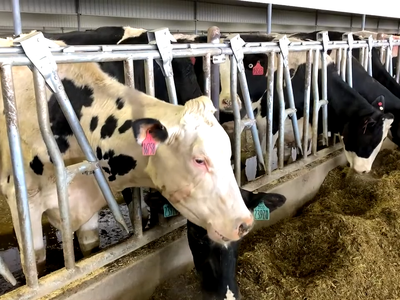Plant signaling research
Farm and Ranch November 24, 2011 Researchers at Washington State University have shown that a disease causing organism does not have to penetrate a plant to initiate resistance. Andy Kleinhofs, professor of molecular genetics at WSU’s Department of Crop and Soil Sciences, was studying the durability of the Rpg1 gene, which has provided barley with stem rust resistance for over 60 years, when this discovery occurred. Kleinhofs: “Well what we discovered was that when the stem rust spore, which is a pathogen on the barley plant, and wheat plants also by the way, lands on the leaf surface it is recognized by the plant very quickly within five minutes, which is something that was not known previously, that it happened so rapidly.” Kleinhofs and a colleague identified proteins in the stem rust spore that were recognized by the resistance gene and saw the series of signals that tell the plant to protect itself. This discovery could help to revolutionize the battle against cereal crop enemies, such as stem rust, especially Ug99, an evolving wheat pathogen that poses a dangerous threat to global food security, particularly in developing countries. Kleinhofs is studying stripe rust spores to see if they contain the same proteins as those in stem rust. I’m Bob Hoff and that’s the Northwest Farm and Ranch Report on Northwest Aginfo Net. ?














